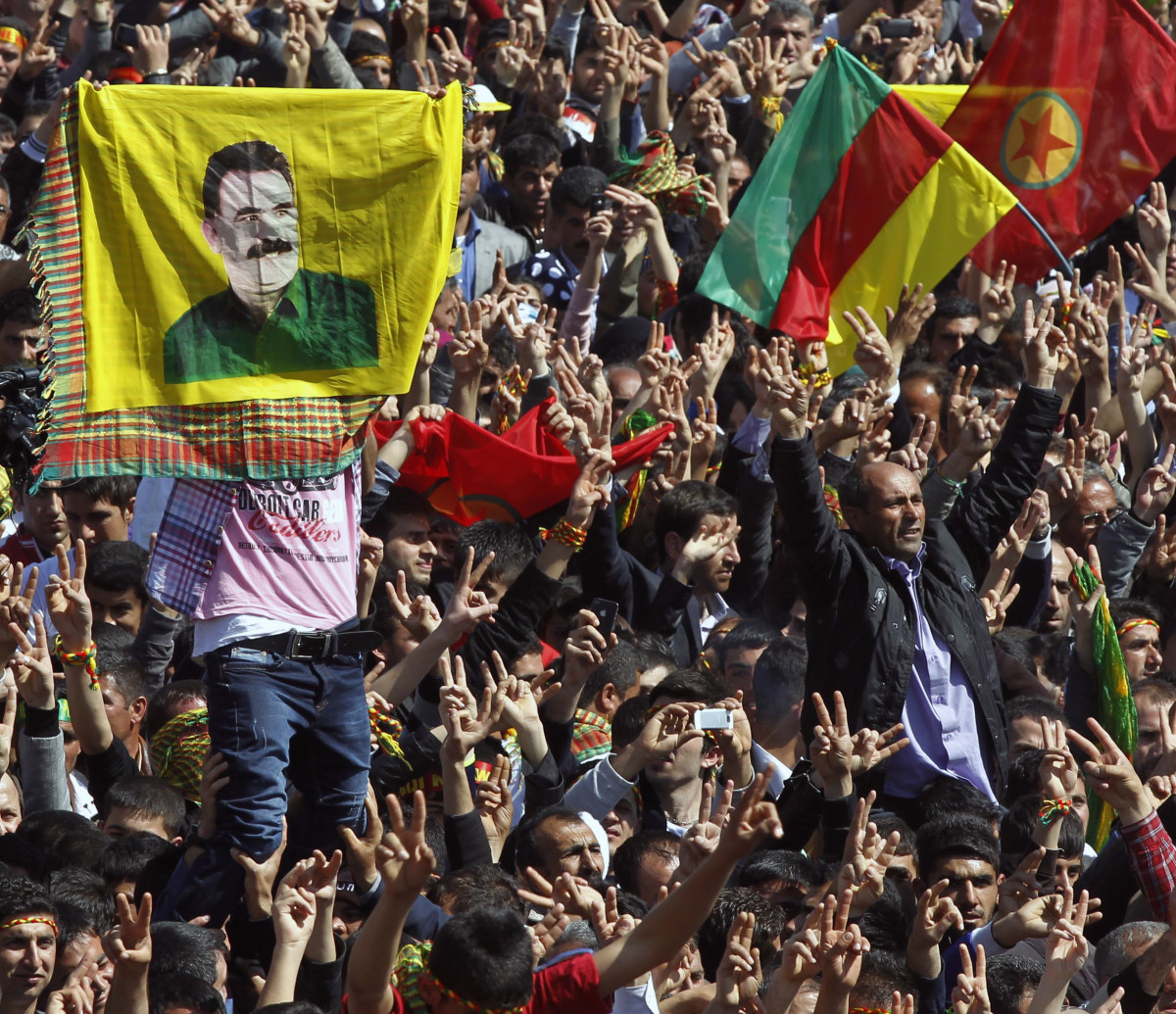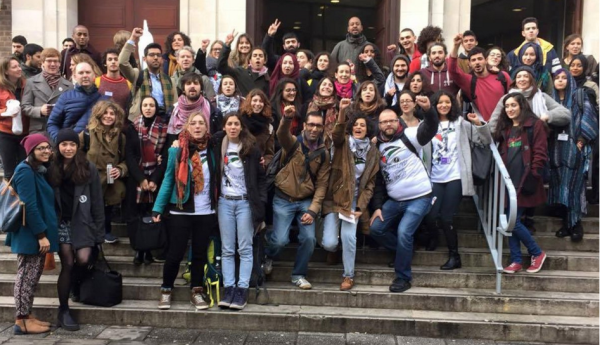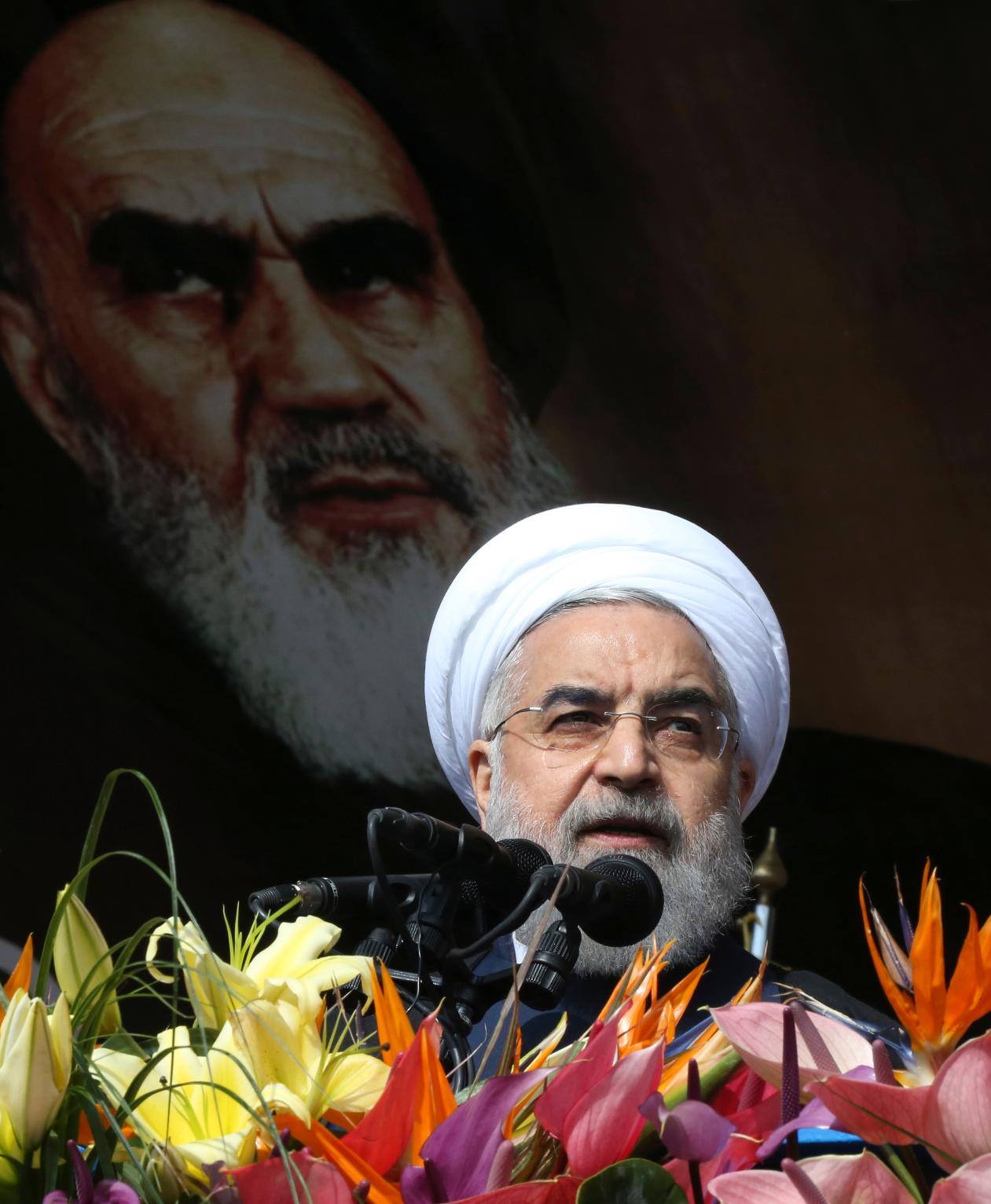 TEHRAN, Jul. 19 (MNA) – Canadian journalist Eric Walberg argues that turning back the coup, thanks to social media and mass demonstrations, is Turkey's very own "Arab Spring".
TEHRAN, Jul. 19 (MNA) – Canadian journalist Eric Walberg argues that turning back the coup, thanks to social media and mass demonstrations, is Turkey's very own "Arab Spring"."Fortunately for Erdogan, unlike in Egypt, the army was no longer the monolith it was in Kemalist days, headed by a ruthless general eager to crush the fledgling democracy," he said.
Who do you think are the main and real perpetrators of plotting attempted coup in Turkey?
The fallout from the July 15 failed coup continues. As many as 260 people were killed and 1,400 people wounded. Arrested and suspended include:
* a third of Turkey’s 360 generals
* 257 officials at the prime minister’s office, including Erdogan’s aide de camp
* 50,000 soldiers, police, judges, civil servants and teachers
* 500 people at the Religious Affairs Directorate,
Academics were banned from travelling abroad to prevent the risk of alleged coup plotters in universities from fleeing.
The sense of disappointment, dissatisfaction, distrust of Erdogan has continued to grow since his decision to involve Turkey in the uprising in Syria in 2012, breeding and opening the doors to terrorists and refugees. The mass arrests and firings attest to the broad dissatisfaction.
Erdogan's foreign policy mistakes are at the heart of the crisis. He burned one bridge after another--Israel, Syria, Russia, the Kurds, the West. Just before the coup, he was finally realizing the failure of his moves, the need to staunch the flow of blood, refugees and hard feelings all around, but too little, too late. The coup was a disaster waiting to happen, despite Erdogan's crack down on the military over the past decade.

 Egypt's hand-over of Tiran Island to the Saudis, Saudi flirting with Israel, Turkish disarray -- all conspire towards an unholy alliance.
Egypt's hand-over of Tiran Island to the Saudis, Saudi flirting with Israel, Turkish disarray -- all conspire towards an unholy alliance.  Q: What are the achievements and gains of the Resistance Movements in Palestine in the past year in the face of the Israeli occupation?
Q: What are the achievements and gains of the Resistance Movements in Palestine in the past year in the face of the Israeli occupation? What are the messages Iranians signaled by their robust election campaign and high turn out? Western nay-sayers say it shows discontent. But perhaps with a touch of envy, at a time when western politics is rife with discontent and yet elicits at best a yawn, or at worse, looks more like a circus. The Islamic revolution has had bad press in the West from the start, but the results show a level of freedom that contrasts favorably with the West, and puts paid to the mantra that the 2009 elections were stolen by the bad guys.
What are the messages Iranians signaled by their robust election campaign and high turn out? Western nay-sayers say it shows discontent. But perhaps with a touch of envy, at a time when western politics is rife with discontent and yet elicits at best a yawn, or at worse, looks more like a circus. The Islamic revolution has had bad press in the West from the start, but the results show a level of freedom that contrasts favorably with the West, and puts paid to the mantra that the 2009 elections were stolen by the bad guys.  Q: What do you think Kremlin has in mind in displaying such a harsh reaction to risk a total breakdown of its relations with Turkey?
Q: What do you think Kremlin has in mind in displaying such a harsh reaction to risk a total breakdown of its relations with Turkey?



